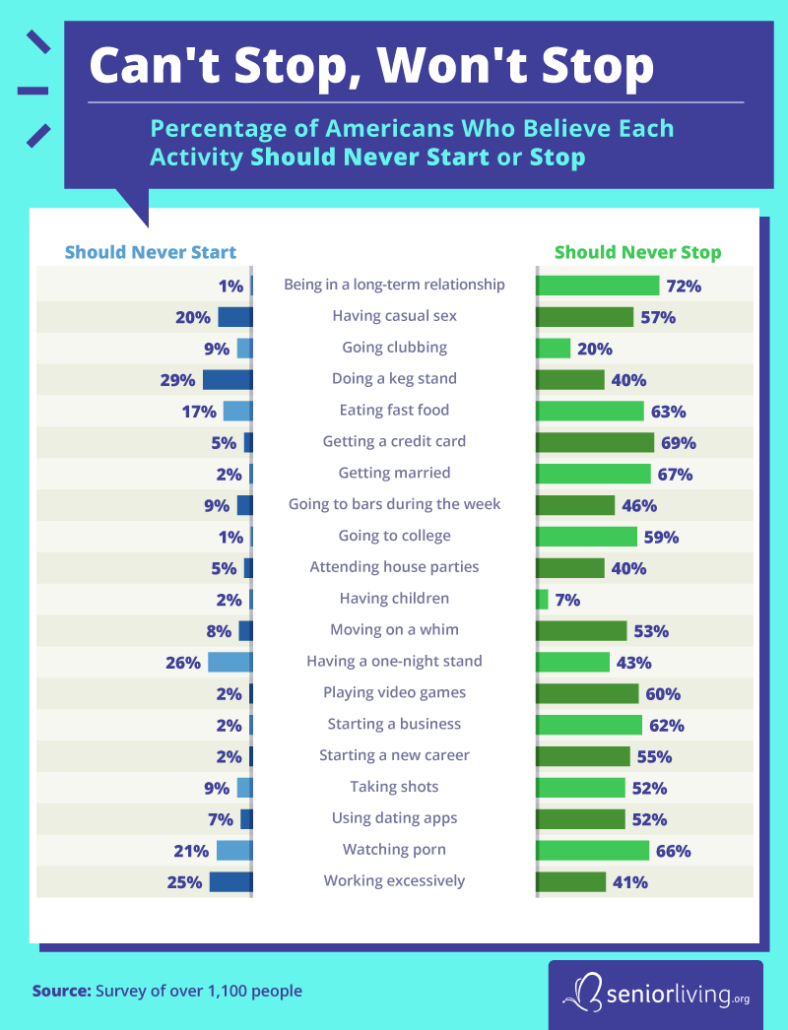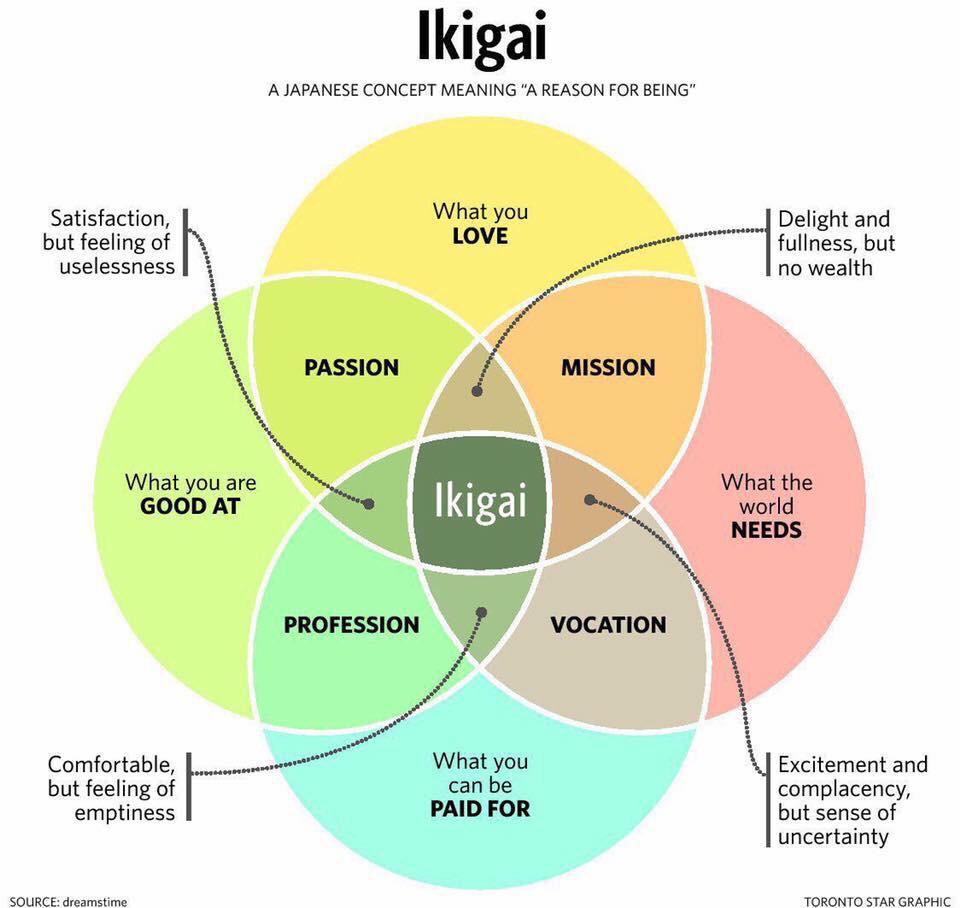Extend Your Healthy Longevity – Twelve Things That May Be Accelerating Your Aging – Part Three of a Three-part Series.

It’s been a challenge selecting four more topics to wrap up this three-part series on age accelerators to avoid. Not because there is a scarcity of accelerators but rather having so many possible topics to bring forth.
So here’s my final selection of age accelerators to avoid – I hope you find these last four helpful.
1. Holding on to disempowering cultural beliefs. Dr. Mario Martinez, in his books “The Mindbody Code” and “The Mindbody Self”, introduces us to the new language of biocognition – how our culture affects our biology. This language provides a basis for many insights into health or the lack of it. Our cultural beliefs are extremely potent when it comes to our health. They can promote wellness and lead us to joy and happiness or they can cause us to cling to patterns of behavior that are known to be harmful and life-shortening.
Dr. Martinez points out:
“Based on the latest scientific studies of healthy brains, healthy longevity, and a strong sense of self worth, biocognition debunks some very persistent myths: that we are victims of our genetics; that aging is an inevitable process of deterioration; and that the life sciences can simply choose to ignore the influence of culture on human health and well-being”.
Through his extensive global study of centenarians, Dr. Martinez uncovers the empowering and disempowering effect of cultural beliefs and argues that ” – healthy longevity is learned rather than inherited and that the causes of health are inherited rather than learned.” For instance, he uses the term cultural portal to argue that growing older is the passage of time, whereas aging is what we do with time based on our cultural beliefs.
Dr. Martinez uses this example (bolding is mine):
“Middle age is one of the cultural portals. When it begins, your culture will tell you how to behave and dress and what to expect – all without any biological evidence to support that stage of your life. But if you’re not aware that you are in a cultural fishbowl, you will age according to what your culture tells you rather than your biology. Fortunately, there are ways to come out of the portals, as healthy centenarians and other outliers are able to do.”
Does this paragraph make you stop and think? What cultural beliefs might we be carrying forward into the third age that are sub-consciously disempowering us and keeping us from realizing the tremendous potential that remains for us in this period? A few come to my mind:
-
- The expectation and necessity of retirement. We are often tagged as a “fool” or “unfortunate” if we don’t capitulate to retirement. The cultural editors that have instilled this cultural belief have been tremendously effective in taking a flawed, unnatural concept and turning it into an entitled withdrawal by appealing to the more hedonistic side of our personalities and away from our instinctive need for meaning and purpose.
- The belief that our DNA is our destiny. We’re learning, according to Dr. Martinez, to challenge genetic sentencing in family illness and that “we are not the mechanical products of our genes, we are the coauthors of their expression. With few exceptions, illnesses are only genetic propensities, not inevitable disruptions waiting for their time to unfold.” We are born with a gift of health but allow cultural beliefs to roadblock our opportunity to express and benefit from the gift. We thus view health as the absence of illness rather than understand and pursue the concept of wellness, the optimal expression of health.
- Old age is to be dreaded. When I mention to someone my intention to live to 112 1/2, the reaction is immediate repulsion. Not toward me personally, but to their mind’s eye – wheelchairs, dementia, Depends, bent-over immobility. Yet we hear more and more stories of centenarians who replace dread with resilience in the face of age-related setbacks and combine it with two robust causes of health: passion and meaning. Above all, they continue to work, refusing to retire from what they love.
2. Act your age. Here an interesting infographic from SeniorLiving.org from a survey of more than 1,100 Americans about the upper limit age for many behaviors. It pulls together quite a list of cultural activites and how we view adherence to them as we age. 
I’m all in on not acting your age.
Spend 3 minutes to view this video by Dr. Roger Landry, former Air Force flight surgeon and respected author of “Live Long, Die Short”. He introduces a new concept called the “dignity of risk.” It says all that needs to be said about not acting our age.
3. Stop being courageous. The dying have a message. Australian hospice nurse, Bronnie Ware, for many years spent time with patients who were in the last few weeks of their lives and who had gone home to die. In her article “Regrets of the Dying, she shares the five most common regrets that they expressed in their final days:
-
- I wish I’d had the courage to live a life true to myself, not the life others expected of me.
- I wish I hadn’t worked so hard.
- I wish I’d had the courage to express my feelings.
- I wish I had stayed in touch with my friends.
- I wish that I had let myself be happier.
Regret #1 was by far the most common.
For many, being courageous and heeding the call to break out and be true to oneself while progressing into the second half/third stage of life intensifies and, at the same time, becomes increasingly difficult.
4. Losing a sense of purpose and meaning. Dr. Robert Butler was a world-renowned gerontologist, psychiatrist, and a Pulitzer Prize-winning activist and aging pioneer who coined the terms “ageism” and “longevity revolution. The Blue Zones website reports that Dr. Butler and his collaborators led an NIH-funded study that looked at the correlation between having a sense of purpose and longevity. His 11-year study followed healthy people between the ages of 65 and 92 and showed that those who expressed having clear goals or purpose lived longer and lived better than those who did not. This is because individuals who understand what brings them joy and happiness tend to have what we like to call the Right Outlook. They are engulfed in activities and communities that allow them to immerse themselves in a rewarding and gratifying environment.
In Okinawa, where we find one of the highest percentages of people living to 100 or beyond, they have a term for sense of purpose – ikigai. It stands for “why I wake up in the morning”.





Inspiring loved it uplifting active advice you can put into your daily life I’m impressed with how he organized all these great thoughts in an easy to read three part series. Living with a sense of purpose is crucial that takes time but once you get there then your workdays become fulfilling.
Thanks for introducing these great ideas. I’m also happy to know about these new resources to get more information!
Sweet site, super layout, very clean and employ friendly.
Dear makeagingwork.com webmaster, Great content!
Hi makeagingwork.com administrator, Nice post!
Hello makeagingwork.com administrator, Your posts are always informative and well-explained.
But a smiling visitor here to share the love (:, btw outstanding style. “Justice is always violent to the party offending, for every man is innocent in his own eyes.” by Daniel Defoe.
Hello makeagingwork.com administrator, Thanks for the in-depth post!